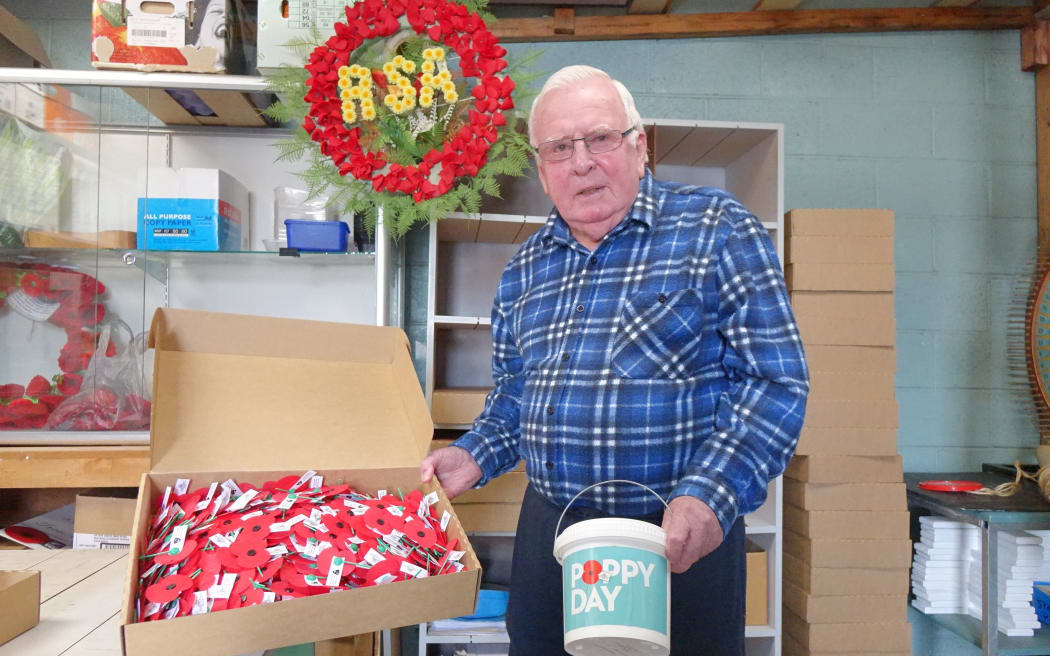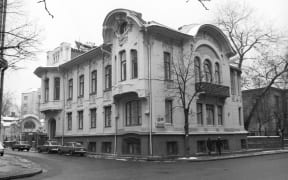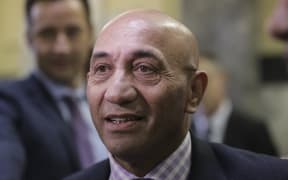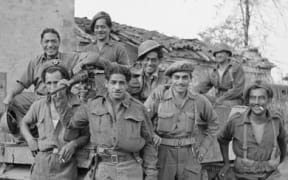The 96th Poppy Day Appeal is under way today with collectors out in force raising money to support this country's veterans of war, conflicts, natural disasters and peace-keeping operations.

Hamilton RSA Poppy Day co-ordinator Pat McCarthy. Photo: RNZ / Andrew McRae
Funds raised go towards supporting the growing needs of 41,000 veterans and their families.
Last year $1.9 million was raised.
The theme for this year's appeal is Not All Wounds Bleed, a reference to the fact that mental health injuries are the most common but least understood of all wounds suffered by service men and women.
RSA national support manager Mark Compain said physical injuries - which were easier to understand - had in the past received more prominence than the silent causalities of trauma injuries, but that was changing.
"Moral and psychological injuries are actually the signature wound for this post-Vietnam generation."
He said it was timely to focus on that because it was a significant issue.
"Not only for the military but also for New Zealand in general."
Mr Compain said service personnel faced the same barriers to opening up about how they were feeling as did the generation of veterans from the two world wars.
"You have the military culture and training which is designed to make us expect adversity and challenges as being normal and to push on.
"It is still a huge challenge for veterans of any age to come forward and talk about this," he said.
Some of the money raised in the appeal goes toward things such as supporting people with post traumatic stress injury and providing assistance dogs and counselling.
The RSA's national president BJ Clark said while a lot of support was going to help younger veterans, older veterans were not being forgotten.
He said everyone who had served would be looked after.
"The country has always said that when you go away and serve this country we will look after you."
Mr Clark said while that had not always happened, servicemen and women had the right to expect that.
The RSA was working with young veterans to encourage them to engage with the organisation to see what help and services are available.
He said the RSA was extremely grateful for the support it received from the public.







